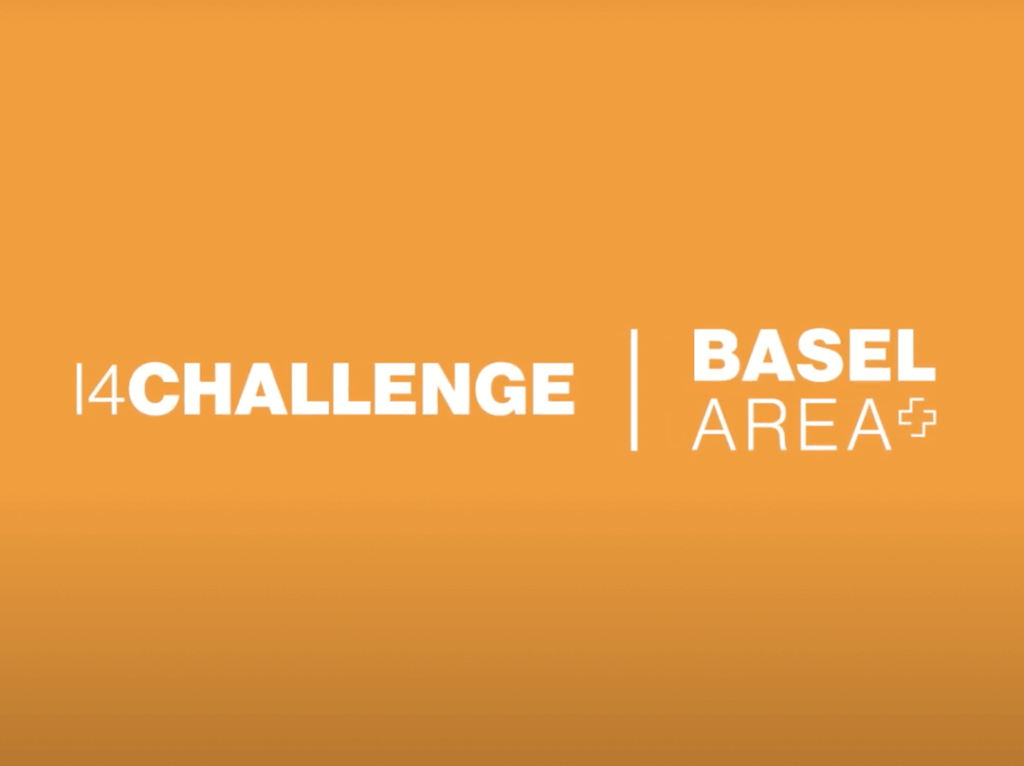The HE-Arc Data Analysis Group uses the latest AI techniques to address industry issues
HE-Arc Ingénierie makes its know-how available to companies, organized into 11 skill groups. These skills are activated according to customer needs and organized around projects. They are complemented by state-of-the-art infrastructures and equipment. We met the head of the Data Analysis Group based at the St-Imier Technology Park: Prof. Dr. Hatem Ghorbel, who manages a team of 4 professors, 2 assistants, 6 research assistants, 1 PhD student and 1 intern. The Group specializes in theanalysis of textual and digital data from the web or various technological devices. They develop innovative solutions for the storage, analysis, prediction and exploitation of this data.
As a research group, their main mission is not to develop end products, but to transfer technology - what we call "enabling science" - with concrete applications. The Group's focus is on the development of high-performance algorithms and intelligent data processing systems for industry and society in general, with a wide range of applications.
Core competencies
The team uses the latest applied artificial intelligence techniques in three main areas:
- Text analysis or "Text Mining" : this is the processing of unstructured textual data extracted from the web or digital documents, applying classification techniques and linguistic models. This work enables us to add value to these texts, discover and extract knowledge, perform information retrieval or classify documents.
- Machine Learning : creating value by making sense of large volumes of data. The aim is to make planning and prediction systems intelligent in industry and society, or to support decision-makers with well-founded rationales.
- Structured data analysis or "Process Mining" helps companies to understand and manage their workflow. The aim is to improve actual processes and aid decision-making by predicting events or making recommendations based on a set of past data.
Success stories
Mainly financed by Innosuisse, the Applied Research Group works on innovation projects in collaboration with manufacturers who want to improve their products or become more competent in the marketplace. In total, the Group is currently working on 10-15 projects, including 2 large Innosuisse projects lasting between 18 and 24 months. Dr. Hatem Ghorbel shares with us below some of the successful flagship projects:
- Project in partnership with Ascomp GMBH in Zurich, specialized in the development of fluid mechanics simulation tools. They market the "TransAT" tool, which is very difficult to use, with around a hundred parameters to set. They called on the Data Analysis Group to add an intelligent layer to this tool, based on Machine Learning, to enable a novice to use it. The Group developed an algorithm that learns from the behavior of experts by analyzing the history of simulations, extracts knowledge from it and applies it to new cases of application. This product has made it possible to solve simulations that could not be solved by the experts, thus exceeding their performance, and above all to save time in configuring simulations.
- HES-SO research project to analyze textual data on drugs. The aim is to search for interactions and associations between the type of drug and its impact on molecules and disease cures, using Deep Learning.
- Wine classification project with the Changins school in Nyon and COOP based on sensory analysis. Expert and consumer comments describing a wine are defined as "positive" or "negative" using sentiment analysis. Machine Learning is then used to automatically label and describe the wines.
Projects under development
- Ongoing Industry 4.0 predictive maintenance project, in collaboration with ARCM. The massive harvesting of data from connected machine tools makes it possible to track their trends and detect possible "patterns" of anomalies. The correlations observed between breakdowns and symptoms will be reproduced in the future for predictive maintenance. Prediction helps avoid costly unplanned stoppages, as well as the additional costs of preventive maintenance.
- Project in final development with Hguitare, a Lausanne-based online guitar learning company, to create a virtual teacher. The learner will be able to play with a program that listens to the performance, detects the notes played, compares them with a reference, evaluates them and gives personalized exercises to improve. The challenge of this project lay in note recognition, which the Competence Group overcame using the latest Machine Learning and neural network algorithms.
- Project underway with Heraeus Materials SA to solve a workflow problem in their Sales and Manufacturing Department. The company had identified a problem with workflow management between order release and manufacturing/delivery. The Process Mining technique was used to analyze 10 years of their workflow to identify the most time-consuming tasks, with loops of inefficiency and unnecessary repetition. Once the problems in the manufacturing process have been diagnosed, structured data analysis enables us to see why things aren't working, propose solutions, predict and smooth out the group's workload for maximum optimization, from order launch to delivery.
- The Group has just been awarded a 3-year European project in the field of Industry 4.0. with six other European partners, of which Dr. Ghorbel is the coordinator. The project is entitled "social network of machines" and aims to create a collaborative and intelligent communication environment between machines, similar to that of human social networks. The aim is to turn machines into autonomous agents that cooperate with each other to perform their tasks more efficiently.
Solutions that can be applied to other projects
The latest data mining and neural network technologies deliver better results than conventional statistical approaches. This is proven by the numerous projects carried out by Dr Ghorbel and his Competence Group. Even if these projects solve company-specific problems, the algorithms developed are not patented, so solutions can be transposed to other projects.



